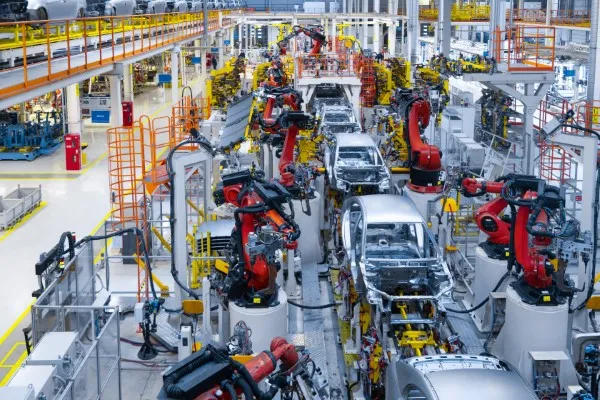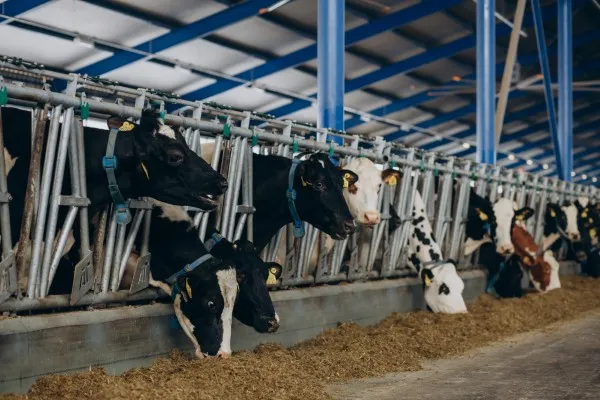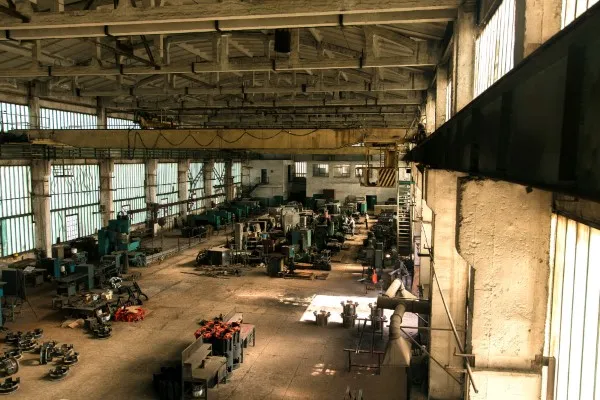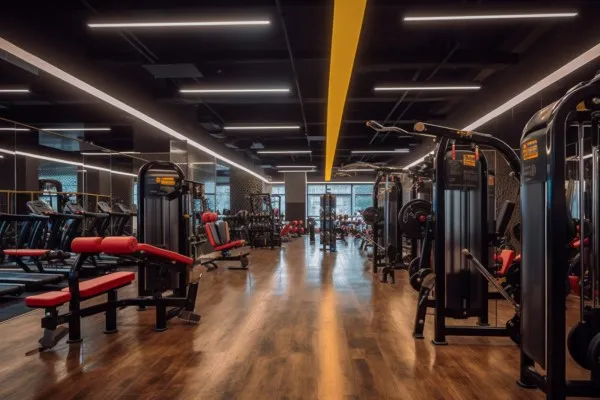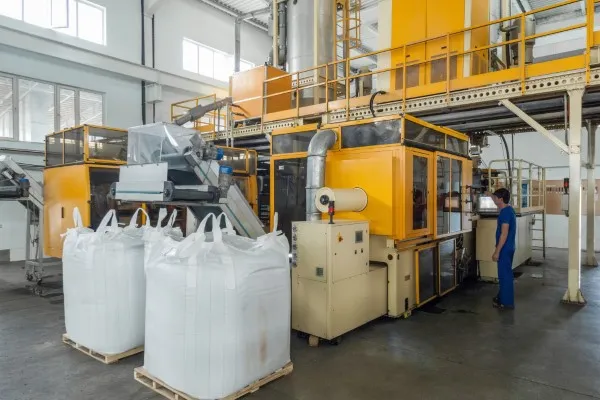HVLS Fans vs Traditional Cooling Systems: The Decisive Comparison
HVLS Fans vs Traditional Fans Which is best for your space?
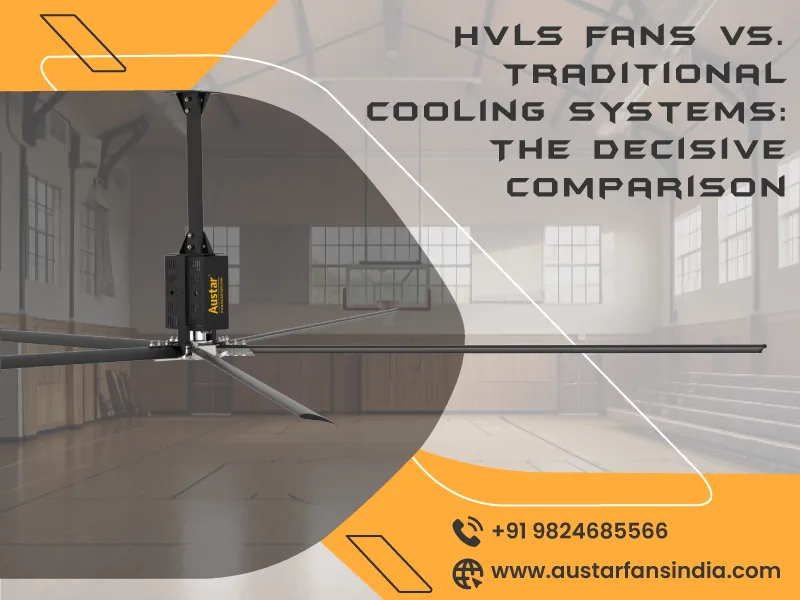
As the demand for advanced cooling solutions continues to surge, the debate between HVLS (High Volume Low Speed) fans and traditional cooling systems has become more pertinent than ever. AUSTAR Fan Technologies, a trailblazer in the realm of air circulation, takes centre stage in this decisive comparison, shedding light on the distinctive features that set HVLS fans apart from traditional cooling systems.
| HVLS Fans - Tailored for Versatility | Traditional Cooling Systems | |
|---|---|---|
| The Evolution of Cooling: | HVLS fans are characterized by their massive blades that move at a slow speed but generate high volumes of air. This unique design creates a gentle breeze that covers large areas, making them ideal for spaces with high ceilings. | Traditional systems encompass a variety of methods, including air conditioning and smaller ceiling fans. While effective, these systems often struggle to maintain consistent airflow in large spaces and may lead to uneven temperature distribution. |
| Energy Efficiency and Cost Savings: | AUSTAR's HVLS fans are engineered for energy efficiency, circulating air effectively without consuming excessive power. This translates to significant cost savings over time, making them an eco-friendly and budget-conscious choice. | Traditional systems, particularly air conditioning, tend to be more energy-intensive. The continuous operation of compressors and fans can result in higher electricity bills, making them less sustainable in the long run. |
| Comfort and Air Quality: | The gentle breeze produced by HVLS fans creates a consistent and comfortable environment. Their ability to destratify air, reducing temperature variances from floor to ceiling, enhances overall comfort. | Traditional systems may struggle to circulate air effectively in larger spaces, leading to potential air stagnation and temperature differentials, impacting comfort levels. |
| Sustainability and Environmental Impact: | AUSTAR Fan Technologies prioritizes sustainability with HVLS fans. Their energy-efficient design and reduced reliance on refrigerants contribute to a smaller environmental footprint. | Many traditional cooling systems rely on refrigerants that may have environmental implications. HVLS fans present a greener alternative with reduced dependence on such substances. |
| Adaptability and Versatility: | HVLS fans from AUSTAR are designed for versatility, adapting seamlessly to various environments such as industrial spaces, community halls, and commercial establishments. | Traditional systems may struggle to provide consistent cooling in large or open spaces, limiting their application in certain environments. |
Conclusion:
In the continuing debate between HVLS fans and traditional cooling systems, AUSTAR Fan Technologies stands as an ideal of innovation. With their commitment to energy efficiency, sustainability, and versatile cooling solutions, HVLS fans redefine comfort in large spaces. AUSTAR's dedication to transformative air circulation positions HVLS fans as the future of cooling, offering an optimal blend of efficiency, comfort, and environmental responsibility. As industries and spaces evolve, AUSTAR HVLS fans emerge as the definitive choice for those seeking a superior and forward-thinking cooling solution.


